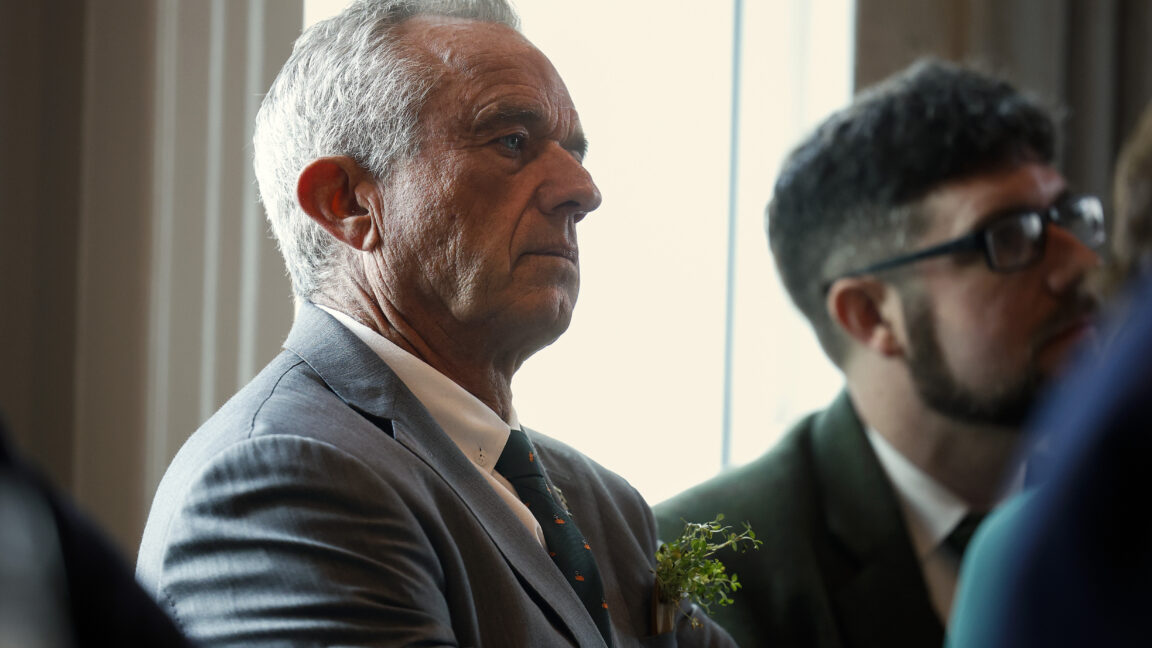
"Hall claims that aides for Kennedy blocked him from being directly interviewed by New York Times reporters about the study; he was only allowed to provide written responses."
"Hall accused HHS spokespersons of downplaying his study's results and editing his responses without consent, leading to concerns over research censorship."
"After reaching out to NIH leadership about censorship, Hall felt compelled to retire early to protect his family's health insurance."
"An HHS statement denied any claims of censorship regarding Hall's research and responses, labeling such assertions as deliberate distortions."
The article details Dr. Hall's claims of censorship relating to his study on ultra-processed foods, stating that aides for Kennedy restricted his communication with the New York Times. Hall asserts that his responses to the paper were edited without his approval. He also faced barriers to presenting his research at a conference and was pressured to withdraw from authoring a manuscript. Despite reaching out to NIH for clarity, he received no response and ultimately decided to retire early to secure health insurance for his family amid ongoing concerns of censorship.
Read at Ars Technica
Unable to calculate read time
Collection
[
|
...
]